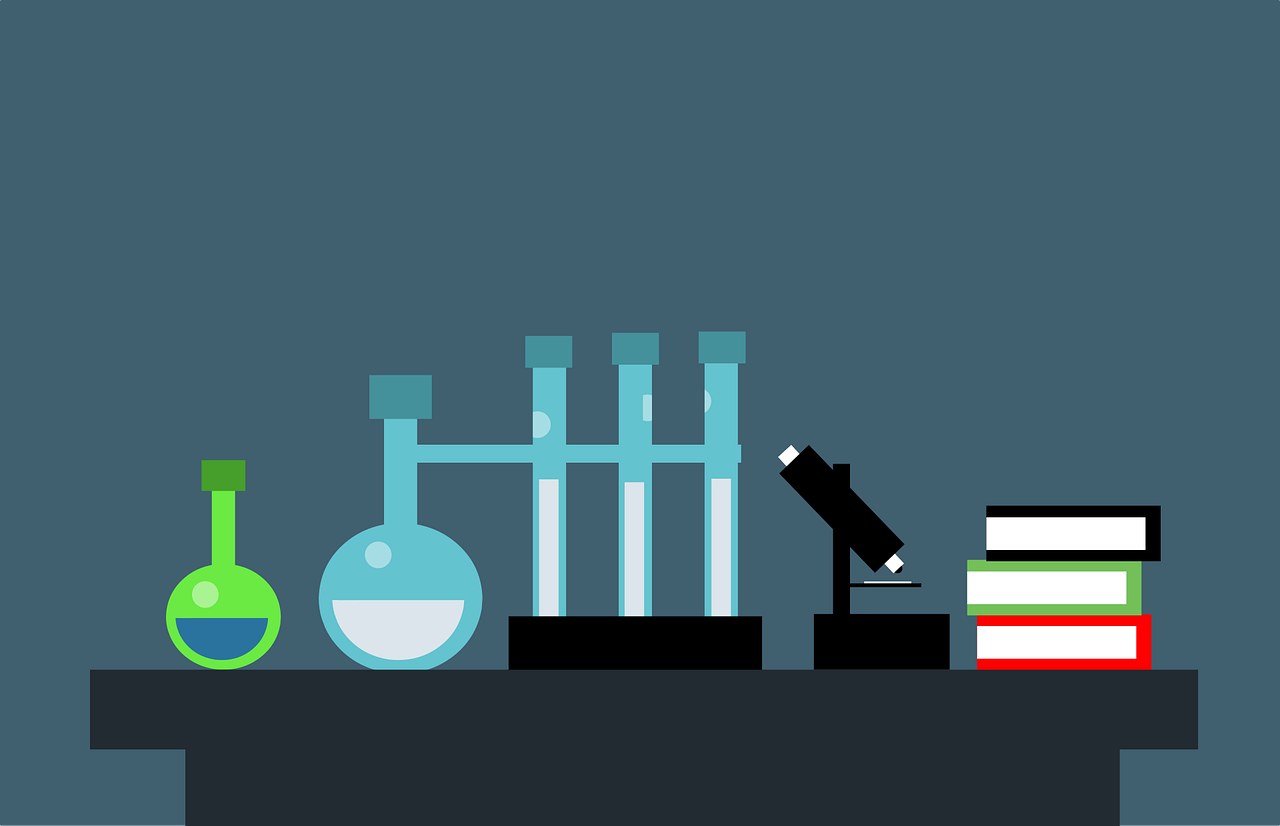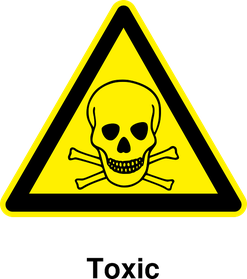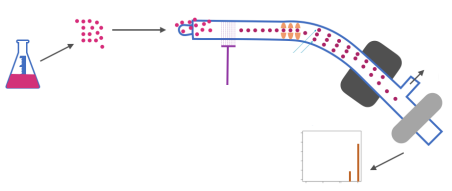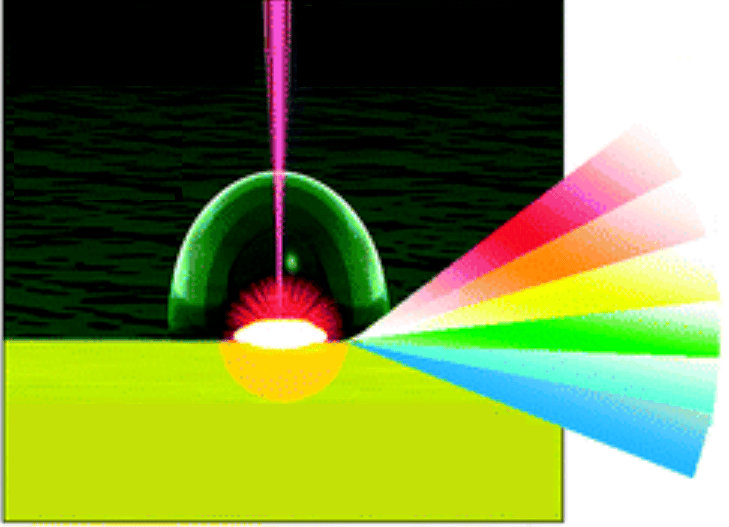With an increasing number of restricted chemicals, chemistry testing of products is now an essential corporate due diligence practice.
At Enviropass, we are eager to serve you with laboratory testing against the following regulations:
Get the best strategy for product compliance at a very competitive price!
Our offer includes the following:

Test reports

Certificates of compliance / corrective action plans

ISO 17025-certified services for accurate test results.
All these products may contain toxic or restricted chemicals: adhesives, beverages, drugs, electronics, food, gas, furniture, metals, minerals, oil, paints, plastics, rubber, soil, solvents, textile, and more.
Therefore, new products or resource deposits will often require chemistry testing since producers try to comply with various regulations or standards. For example, hazardous and restricted substances need careful monitoring, and unwanted compounds found in a mineral assay can spoil an entire dig site.
Then, depending on your industry, you may have concerns about one or more molecular compounds inherent to your processes. Confirming the presence or levels of a target compound in this way requires sophisticated molecular analysis techniques.

With Enviropass, you get access to cutting-edge technology for your chemistry testing.
First, terms like chemistry testing, chemical analysis, analytical testing, or chemistry analysis can refer to verifying substances in materials at the molecular level.
Chemistry testing of products often falls into one of two categories.
First, elemental analysis determines the presence of elements in a sample. This information applies to many industries: for example, trace metal analysis is a common practice in resource extraction and intermediates manufacturing. Elemental analysis is also the leading tool for detecting hazardous substances like heavy metals.
On the other hand, detecting molecules is often a more involved procedure. Molecular analysis can be more complicated and expensive than elemental analysis. Therefore, techniques for studying molecular composition are often less available to suppliers or producers that cannot implement this analysis in-house.


Some elements are undesirable due only to their presence. Such is often the case with heavy metals like lead or cadmium. The story is more complicated, however, with smaller and simpler elements like carbon. Indeed, we can use the same set of atoms to create many unique molecules simply by connecting them differently. Molecular analysis techniques must account for this added complexity; therefore, they are often more sophisticated.
Chemistry testing of a product at the molecular level can help determine the presence of many substances of interest, including:
There are many ways to analyze a sample at the molecular level, and the implementation depends on your needs. A popular method is a mass spectrometry, which separates constituent molecules according to their relative masses. Compounds will display signature characteristics in the resulting spectrum, allowing the identification of target molecules.
Mass spectrometry is a well-tested, well-understood technique that has evolved significantly over the years. The analysis begins by ionizing the molecules on a small sample. These tiny fragments are collected and funneled into a beam of ionized particles. This beam passes through a filter that exerts a force on each particle depending on its mass.
Generally, heavier molecules are not as susceptible to the field of force and will fly farther than light particles. Eventually, each particle falls out of the ionized beam and crashes into a charge detector plate. This collision determines the particle’s weight based on where it strikes the detector.



Traditional methods for mass spectrometry represent early attempts at performing this analysis. Researchers have refined these techniques over the years, of course. However, newer techniques can improve accuracy, reduce costs, and dramatically increase sample throughput.
One example is laser-assisted sample extraction, which replaces early thermal and electrospray methods. Laser technology can produce lower detection limits than traditional ion-forming methods with comparable (or improved) accuracy.
Secondly, solid-phase mass spectrometry has become very popular due to the potential for rapid turnaround times. Sample preparation time is negligible compared to gas- or liquid-phase analysis since analysts do not need to dissolve or vaporize the sample. This methodology works well alongside laser extraction since it reduces special handling procedures further. With good conditions, sampling times of only a few minutes are possible.
Are you ready to take your product analysis to the next level with an ISO 17025-certifed laboratory? Contact Enviropass today and speak to our team about molecular analysis options for your next innovation!